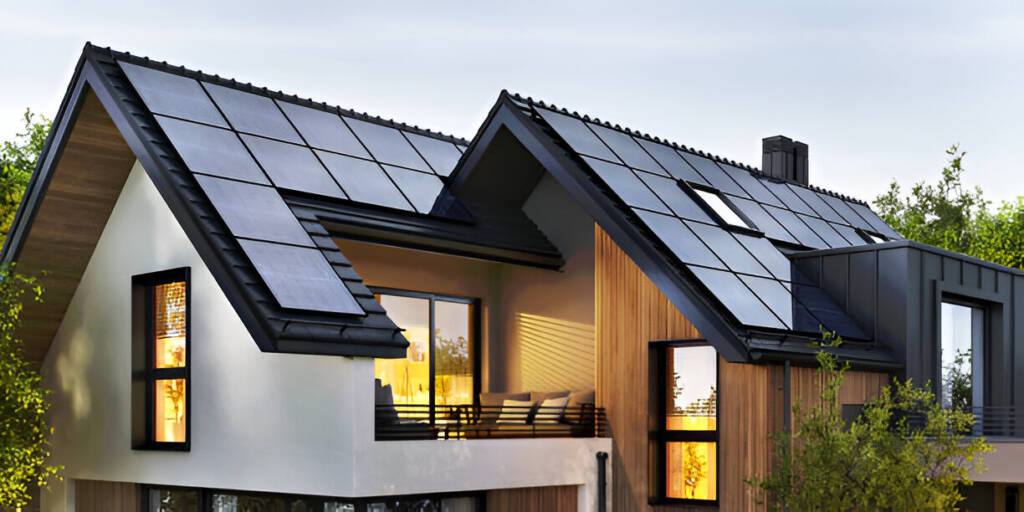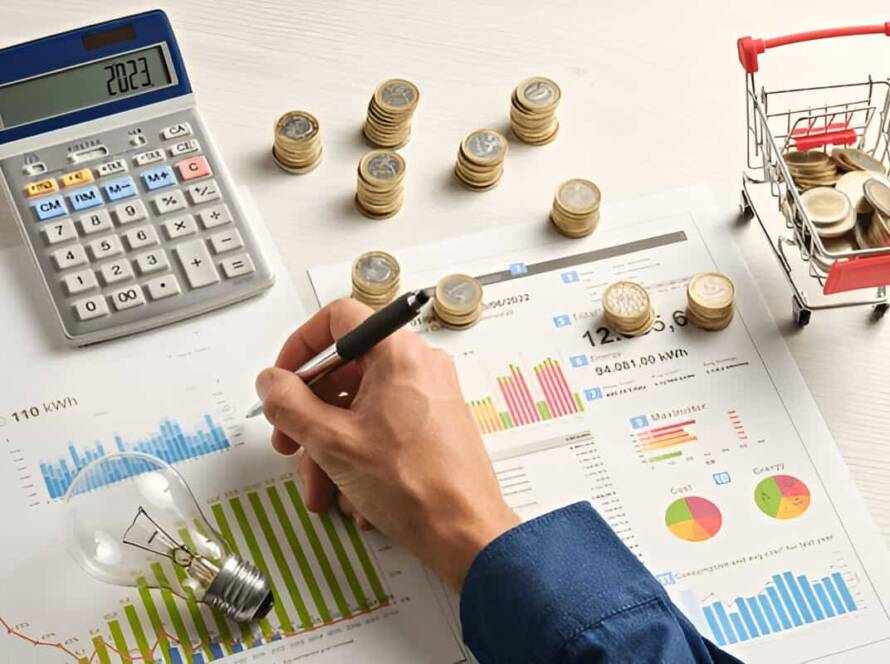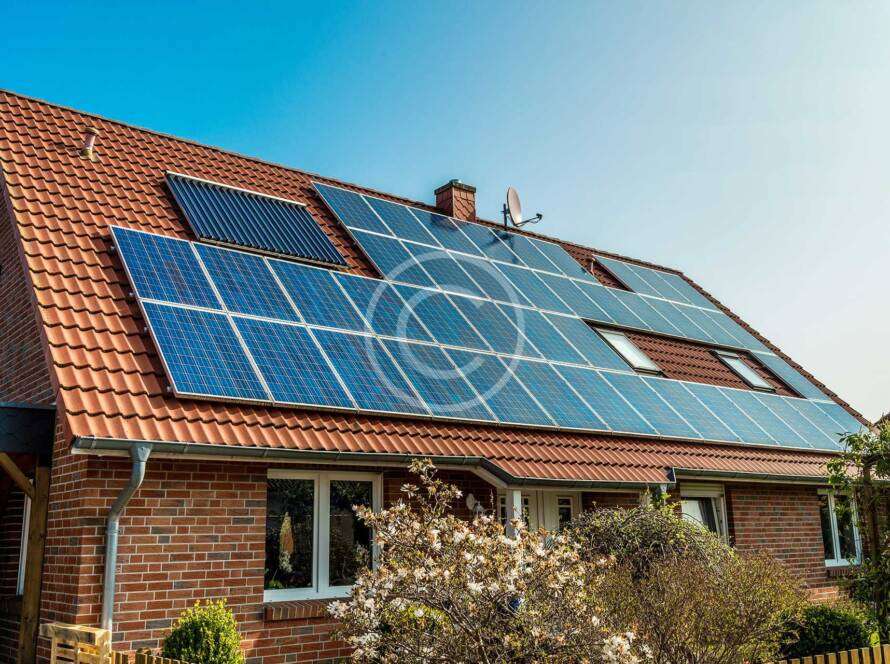Issolar worth it find out this summer! when the sun shining bright in the sky and your electricity bills rising, you may wonder if now is the best time to switch to solar energy. Now that more homeowners are turning towards green energy, you may wonder:
Is solar good for my home? Come along this summer to learn about using the sun to save and be green. From financial incentives to environmental advantages, we will debunk the hype, take you on a journey, and let you know if going Solar is a smart investment or another short-lived fad. Ready, set, green future is right here!
Introduction to Solar Energy
This summer, the sun is warming our skin and making the popular query, Does Solar Worth Make Sense, come to the fore. As energy prices are skyrocketing and we start getting more and more worried about climate change.
Most people are looking into getting their houses powered by solar panels. But before you begin imagining your roof covered in glass, you’d better know exactly what solar power can do.
Solargenic
Solar power takes sunlight and produce it into electricity, which can save you lots of money in energy costs and also help the planet. Sounds intriguing. So, let’s get straight to the details here: What Solar is, what its benefits are, what you should know before investing this big sum, the actual story of homeowners just like you, and the myths you might have. Read on to learn if going green this summer with a solar energy system is worth it!

Why solar energy worth it?
You take solar power from the sun. It’s renewable, plentiful and permanent. Several techniques can harvest these energies, but most are solar panels that is why solar worth.
The photovoltaic cells in these panels convert the sun into power. Sunlight stimulates electrons to form an electric current, and electrons do so when they strike these cells.
Solar energy isn’t only about creating electricity; it helps us avoid dependence on fossil fuels. When we consume this renewable energy, we make our world a better place.
From the electricity in your home to your vehicle’s battery, there are many applications for solar energy, and it is expanding rapidly. Solar systems become more efficient as time passes and the cost gets lower.
The power of Solar to fight climate change is immense. And with every solar photon caught by a global array of systems, we’re making the world greener.
How does Solar work?
Solar power systems take the sunlight and turn it into electricity. It all starts with solar panels consisting of PV cells. They soak up the photons of sunlight.
The PV cells take up the light and produce direct current (DC) electricity. This DC is then passed to an inverter – the critical element that converts it into alternating current (AC), which home appliances use.
After conversion, the AC can work in your home or business. The extra power is generated in your system; it can often be returned to the grid if you don’t need it.
The credit you get for this excess energy is given to homeowners through net metering. When the skies are grey, or you are out of the sun, households can get power from the grid.
Advantages of solar energy
This is the most notable benefit of solar power. Solar Energy Save Huge Money On Your Electricity Cost! These savings compound over time, so you should consider a solar system.
But there are also environmental benefits. With solar power, there’s no pollution or warming of our planet. So you have a cleaner planet and less climate change by choosing solar.
What’s more, renewable sources such as sunlight help reduce the use of fossil fuels. With technology getting better and better and cheaper, solar power has never been easier to get.
The solar power system can also add value to your home. Homes with solar panels will draw buyers if they are searching for green living or lower utility bills.
The point is, not only do you support your wallet by buying solar panels, but you also help the environment in the future.

Is Solar worth cost saving?
You take solar power from the sun. It’s renewable, plentiful and permanent. Several techniques can harvest these energies, but most are solar panels.
Why solar energy worth it?
Changing to a solar power system can save you a lot of money. Owners tend to pay less for electricity as they use the sun for power.
After they are mounted, solar panels get free electricity from the sun. This is where you’ll have years of lower or no electric bills to pay for after recouping your initial investment.
And most states have net metering schemes. These let homeowners sell surplus energy to the grid, rebalancing the bill.
The recoupment of your energy expenses is sustainable and attractive. With the price of electricity rising, getting a solar system might be the best investment you’ll ever make.
Moreover, using clean energy such as solar energy, homeowners can help stabilize future energy prices for all residents.
Environmental benefits
Solar power is an extraordinary way to cut our carbon emissions. We can use the sun’s energy to create electricity without churning greenhouse gases into the environment.
That is a direct step away from fossil fuels and into cleaner air and healthier landscapes. No more pollution and respiratory illnesses in our cities and wild areas.
In addition, solar panels are also sustainable in that they harness renewable resources. The sun is plentiful and free, so you’re getting power that won’t run out like other energy sources.
Solar energy also lessens the reliance on fossil fuels. This change supports cleantech innovation and economic development in the green industry.
If you invest in solar energy, you will not only save the world but also feel responsible for future generations. Our decisions today will improve tomorrow for us all on the planet.

Consideration Before You Decide Solar Worth it?
But in the valuation of a solar system, place matters. If you live in a place where the sunlight is good, you could get a huge return, whereas if you live in an area with frequent cloud cover, it will not be as effective.
Installation cost is a third important consideration. Prices depend a lot on your home size and roof style. Make sure to get several estimates from reliable installers.
Government subsidies can help make solar power systems affordable. Many states have rebates or tax credits, making it much cheaper upfront. Lastly, consider your energy needs. The previous utility bill can indicate whether going Solar will save you money in the long run. Each home is different, and each home has different needs that play into the investment decision when considering solar energy.
Cost of Solar Project
Cost of solar panels — These costs vary greatly. It varies depending on home size and electricity consumption.
A homeowner typically must pay, Rs.1M to1.2M, which doesn’t even include incentives or rebates. This upfront cost can be intimidating at first.
But don’t forget about saving money on electricity in the long run. Many see monthly energy costs reduced considerably after a system is in place.
Moreover, some states offer financing so that installation is more affordable. These can amortize payments while you are generating solar power.
Do not forget installation; when you use a certified professional, it will get done properly. Poor installation may cost you extra money for maintenance in the long run.
Comparing the Costs: Traditional vs. Solar Energy
– When considering energy consumption, old-school choices will raise your monthly bills. Electricity prices go up and down and can suddenly drive up your bill. This unpredictability also can drag budgets down in the long run.
But solar power is not like that. Solar power is very low maintenance and predictable. There will be an intimidating investment, but it can pay off in the long run.
And net metering laws have been put in place in most states. You might get credits off your bill if you make more from your solar system than you consume.
Here’s a thought: fossil fuels depend on market fluctuations and resource scarcity; sunlight is free and abundant. Switching to solar power could bring savings and certainty in uncertain times.
Common Misconceptions about Solar Energy
Most people think that solar energy is good only in sunny places. Sunlight is still important, but solar panels will still generate power on cloudy days or in places with less sunlight. They are light-harboring, not just sunlight.
The second myth is the upfront expense of solar power systems. While upfront investment is expensive, Solar is more affordable than ever with many financing and incentive schemes. These are usually cheaper in the long run.
All solar panels are ugly, people say. But technology has made for sleek forms that sit seamlessly on rooftops.
Fourth and final, many think they must be off the grid to gain from a solar array. The fact is that most homeowners remain on the grid and pay less for electricity via net metering services. Because of this versatility, Solar is easy for everyone.
Conclusion: Is Solar Worth It?
It’s important to weigh a few things when considering whether solar power is worth the money. The cost savings and environmental benefits are excellent reasons for most homeowners to upgrade. But a system with Solar can do better or worse depending on where you live, the weather, how much it costs to install, and whether or not there are any government incentives.
Examples of actual use cases show how many people have successfully used solar energy to reduce their electricity usage and leave the planet cleaner. Considering how much traditional energy you would spend to go solar; some savings should not be ignored.
Anyone considering this move can get the most out of it by first getting to know your situation and searching for rebates or tax credits. By removing misconceptions about Solar, it will also be able to help you make the best decision possible.
And at the end of the day, when you’re wondering, “Is solar worth it,” make sure to factor all this into your personal or business objectives. No two cases are the same; what works great for one household will not necessarily work for another. Now that summer is on the horizon and more sunlight is to be found decide whether or not a solar system is right for you in terms of living sustainably and saving money.


